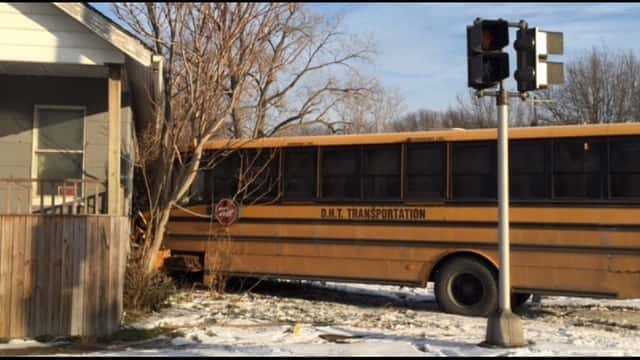For the forthcoming 2023-24 school year, up to $7 million in dedicated funds for Nevada charter schools’ transportation are available, with an additional $7 million available the following year. Assembly Bill 400, an omnibus education package backed by Gov. Joe Lombardo during this year’s parliamentary session, gave funds to Nevada charter schools.

The majority of Nevada charter schools are sponsored by the State Public Charter School Authority (SPCA) which will commence accepting applications on July 7. The applications will be presented to the Nevada charter school board on a rolling basis for approval, with the first batch due to appear before the board on July 28.
According to Rebecca Feiden, Executive Director of the Charter School Authority, the state expects to receive “up to 25 or 30” applications based on replies to an initial survey done by the authority following the implementation of the Act. However, she said that because the program is new, it is difficult to forecast properly.
Nevada Charter schools are public schools that are privately administered. They receive the same base per-pupil dollar amount as district schools under the Pupil Centered Funding Formula, but they have not been qualified for dedicated transportation dollars from the state funds until now.
According to Feiden, only three Nevada charter schools are now authorized to provide daily transportation to pupils. TEACH Las Vegas Charter School, one of those three Nervada charter schools, obtained authority to transport kids but has been unable to carry out its goals due to financial constraints. Discovery Charter transports sixth graders from its Eastside facility to its Summerlin location.
Only Nevada Prep, located on the east side of Las Vegas along Nellis and Lake Mead boulevards, has a transportation system similar to that of typical school districts, with designated pickup points in different communities.
If there are more requests than available funds, the authority may prioritize schools serving low-income neighborhoods, Fidden said
Advocates for public school districts have argued that because Nevada charter schools are not required to provide transportation, they are inaccessible to students whose parents or guardians do not have the ability to provide transportation themselves, contributing to educational inequities by burdening school districts that cannot rely on self-selection to isolate children who typically require more resources.
Advocates for Nevada charter schools have pressed the state to enhance dedicated funds for transportation and buildings.
School districts receive transportation funds based on a four-year average of their actual expenditures – a system that the Commission on School Funds has admitted does not work well for funding new, autonomously governed charter schools. The group has suggested that the state set parameters for new charter schools with no track record on which to base funding.
According to Feiden, the upcoming Nevada charter schools’ transportation funding may provide the state with a benchmark for future discussions.




